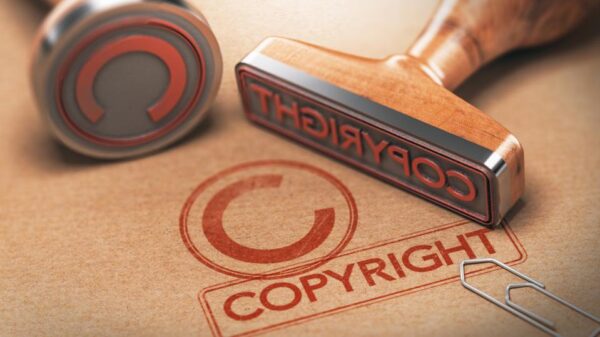


About Fair Use
Fair use is a legal doctrine that promotes freedom of expression by permitting the unlicensed use of copyright-protected works in certain circumstances. Section 107 of the Copyright Act provides the statutory framework for determining whether something is a fair use and identifies certain types of uses—such as criticism, comment, news reporting, teaching, scholarship, and research—as examples of activities that may qualify as fair use. Section 107 calls for consideration of the following four factors in evaluating a question of fair use:
- Purpose and character of the use, including whether the use is of a commercial nature or is for nonprofit educational purposes: Courts look at how the party claiming fair use is using the copyrighted work, and are more likely to find that nonprofit educational and noncommercial uses are fair. This does not mean, however, that all nonprofit education and noncommercial uses are fair and all commercial uses are not fair; instead, courts will balance the purpose and character of the use against the other factors below. Additionally, “transformative” uses are more likely to be considered fair. Transformative uses are those that add something new, with a further purpose or different character, and do not substitute for the original use of the work.
- Nature of the copyrighted work: This factor analyzes the degree to which the work that was used relates to copyright’s purpose of encouraging creative expression. Thus, using a more creative or imaginative work (such as a novel, movie, or song) is less likely to support a claim of a fair use than using a factual work (such as a technical article or news item). In addition, use of an unpublished work is less likely to be considered fair.
- Amount and substantiality of the portion used in relation to the copyrighted work as a whole: Under this factor, courts look at both the quantity and quality of the copyrighted material that was used. If the use includes a large portion of the copyrighted work, fair use is less likely to be found; if the use employs only a small amount of copyrighted material, fair use is more likely. That said, some courts have found use of an entire work to be fair under certain circumstances. And in other contexts, using even a small amount of a copyrighted work was determined not to be fair because the selection was an important part—or the “heart”—of the work.
- Effect of the use upon the potential market for or value of the copyrighted work: Here, courts review whether, and to what extent, the unlicensed use harms the existing or future market for the copyright owner’s original work. In assessing this factor, courts consider whether the use is hurting the current market for the original work (for example, by displacing sales of the original) and/or whether the use could cause substantial harm if it were to become widespread.
In addition to the above, other factors may also be considered by a court in weighing a fair use question, depending upon the circumstances. Courts evaluate fair use claims on a case-bycase basis, and the outcome of any given case depends on a fact-specific inquiry. This means that there is no formula to ensure that a predetermined percentage or amount of a work—or specific number of words, lines, pages, copies—may be used without permission.
Source: Copyright.gov
more recommended stories
 Fentanyl Seizures at Border Continue to Spike, Making San Diego a National Epicenter for Fentanyl Trafficking
Fentanyl Seizures at Border Continue to Spike, Making San Diego a National Epicenter for Fentanyl TraffickingFentanyl Seizures at Border Continue to.
 Utah Man Sentenced for Hate Crime Attack of Three Men
Utah Man Sentenced for Hate Crime Attack of Three MenTuesday, August 8, 2023 A.
 Green Energy Company Biden Hosted At White House Files For Bankruptcy
Green Energy Company Biden Hosted At White House Files For BankruptcyAug 7 (Reuters) – Electric-vehicle parts.
 Former ABC News Reporter Who “Debunked” Pizzagate Pleads Guilty of Possessing Child pδrn
Former ABC News Reporter Who “Debunked” Pizzagate Pleads Guilty of Possessing Child pδrnFriday, July 21, 2023 A former.
 Six Harvard Medical School and an Arkansas mortuary Charged With Trafficking In Stolen Human Remains
Six Harvard Medical School and an Arkansas mortuary Charged With Trafficking In Stolen Human RemainsSCRANTON – The United States.
 Over 300 People Facing Federal Charges For Crimes Committed During Nationwide Demonstrations
Over 300 People Facing Federal Charges For Crimes Committed During Nationwide DemonstrationsThe Department of Justice announced that.
